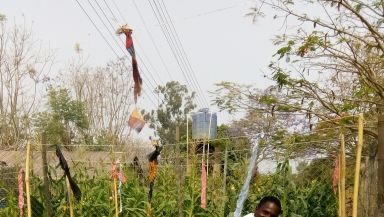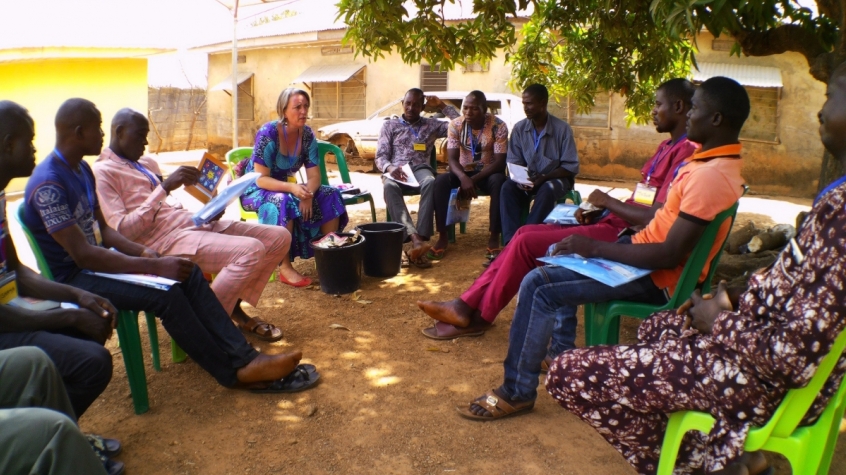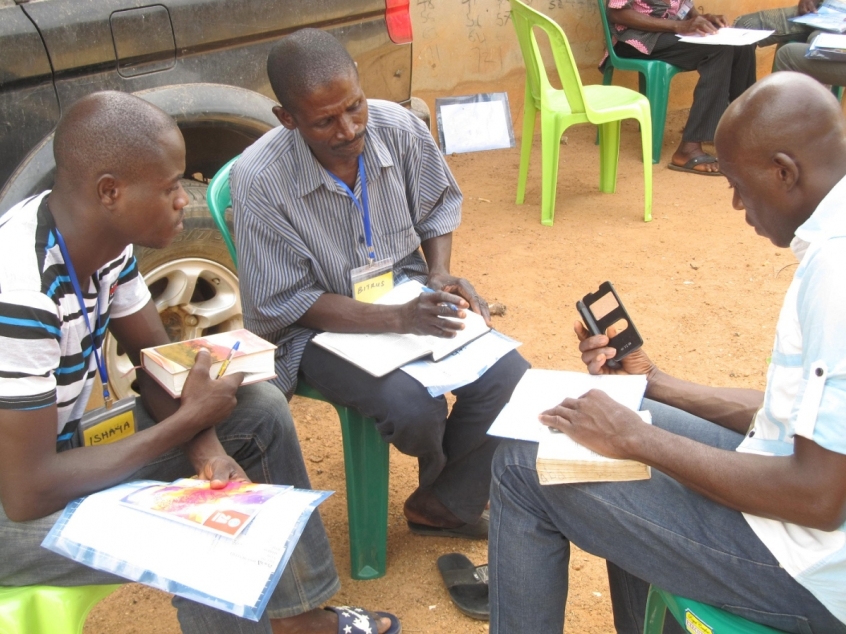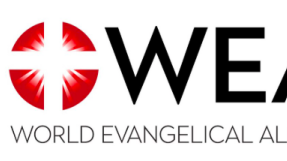
Wycliffe Bible Translators is helping Christians in an agricultural community in rural Nigeria understand how their farming connects with their faith.
Wycliffe has just hosted its first Faith and Farming workshop in the town of Lambata, in central Nigeria, with 10 farmers from the Gbari language group.
Over the course of three days, they studied what the Bible has to say about farming and explored what a Christian approach to farming methods might look like.
While aspects of the workshop examined the spiritual implications, parts of it were practical, with sessions on composting and growing a vegetable garden in the dry season.
One session focused on how the Church can be a support to farmers all through the year, and not simply at harvest time.
The workshop was led by Wycliffe workers Katharine Norton and Yunana Malgwi.
"When I came here five years ago I saw that everyone farms, but no one made a connection between their faith in God and their farms," says Katharine.
"People were farming in ways that harmed the soil and the environment, and the food and animal products were increasingly filled with chemicals and antibiotics.
"Also, the Church only seemed to take notice of farmers at harvest time when it wanted the 10% tithe."
Katharine is passionate about helping local Christians see the connection between their faith and their everyday life, something she feels isn't happening as much as it should at the moment.
"Often they don't apply the Bible to large areas of their lives," she said.

"One of the things we teach is that the word of God speaks into every situation and if people are farming then that's where we need to reach them and show them how the Scriptures can speak to them about their practices."
Not only that, but Katharine hopes the sessions will give the Gbari people a greater appreciation of farmers and their work.
"Farming is often seen as a dirty, low-status job that you only do if you can't do anything else or if you are uneducated," she said.
"We show that God values farmers and farming, and so should society – after all, we all eat every day!"
For some of the participants in the workshop, the lessons have been transformational.
"As we read Genesis 2 and 3 I learnt that God got Adam to farm in the Garden of Eden (Genesis 2:15). This was so encouraging to me as my people think that farming is a curse as a result of the fall," one farmer said.
"I now realise that farming is a blessing and that I can serve God as I farm."
Another farmer shared a similar testimony, saying that he no longer felt ashamed of his work.

"I was very happy to read that God planted a farm and that many men and women in the Bible were farmers," he said.
"This encourages me to go on better with my farming work and not to feel ashamed like I used to.
"Now that I know God is interested in my farm, I will ask him to bless my work before I plant. Before I used to trust in my own strength and my fertiliser for my farm but now I am trusting in God."
Now that these farmers have learned new principles and techniques, it is Katharine's hope that they will go back to their communities and teach them to others.
"We want the participants to take what they have learnt and apply it to their own farms, run with the principles, and teach and encourage others in their language community and churches. This way, what starts from one workshop can have a much wider impact," she says.
Some of the farmers were keen to do just that, saying: "This workshop was filled with so much good news, I don't want to keep it to myself like a selfish person so I will share it with my people.
"When I go back to my area I will train two people from each area so that they can train their people and everyone can learn about Faith and Farming."
Another said: "After this workshop I will go back to my people and talk in church to tell the men and women that farming is approved by God and he doesn't look down on it like we do. This will help my people to do their farming work with all their hearts."













